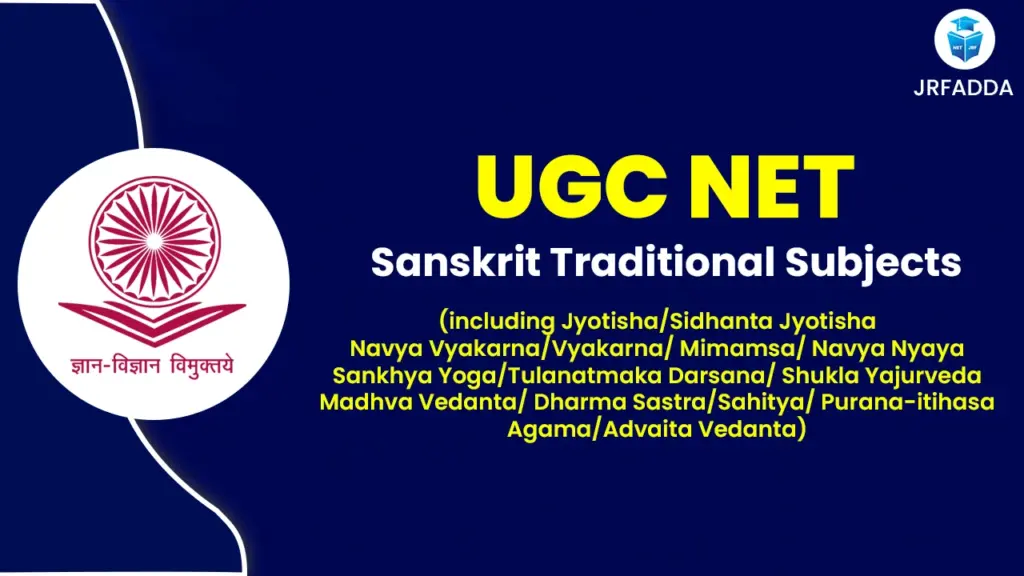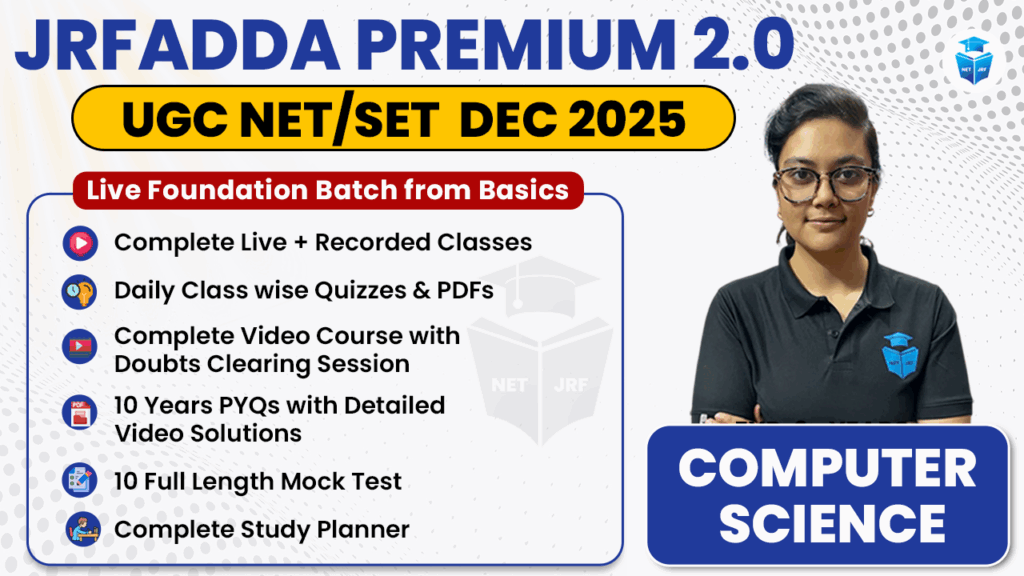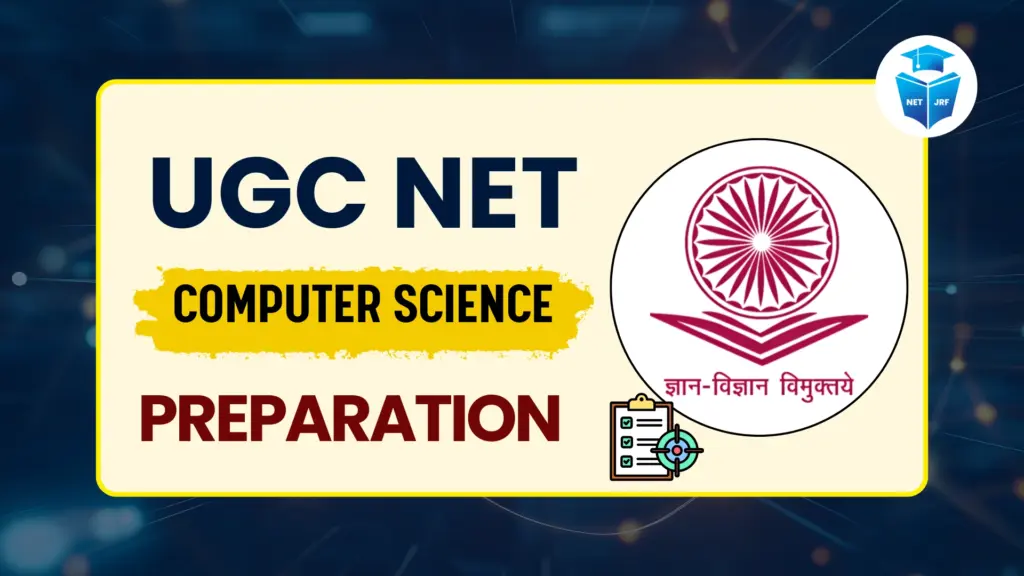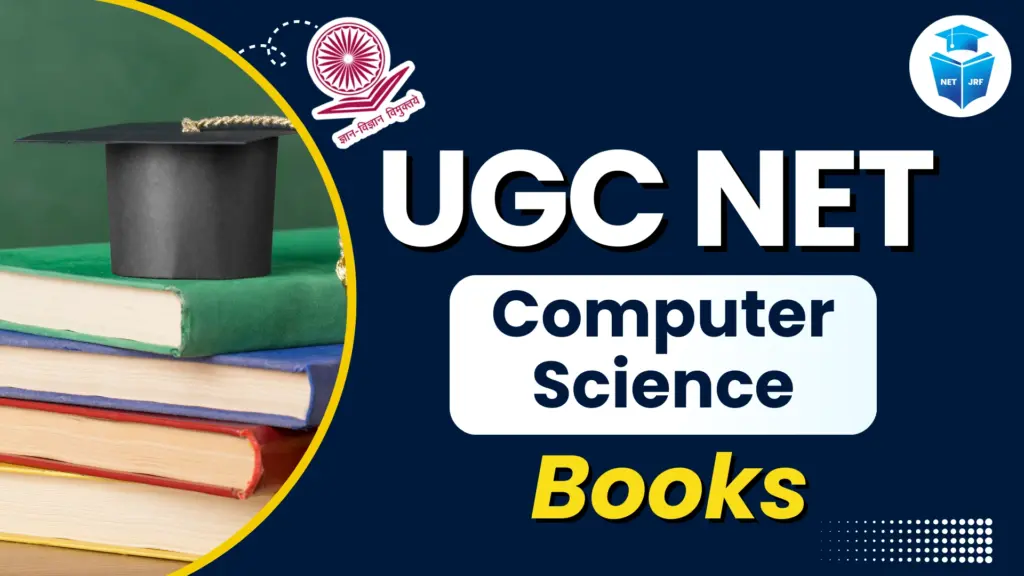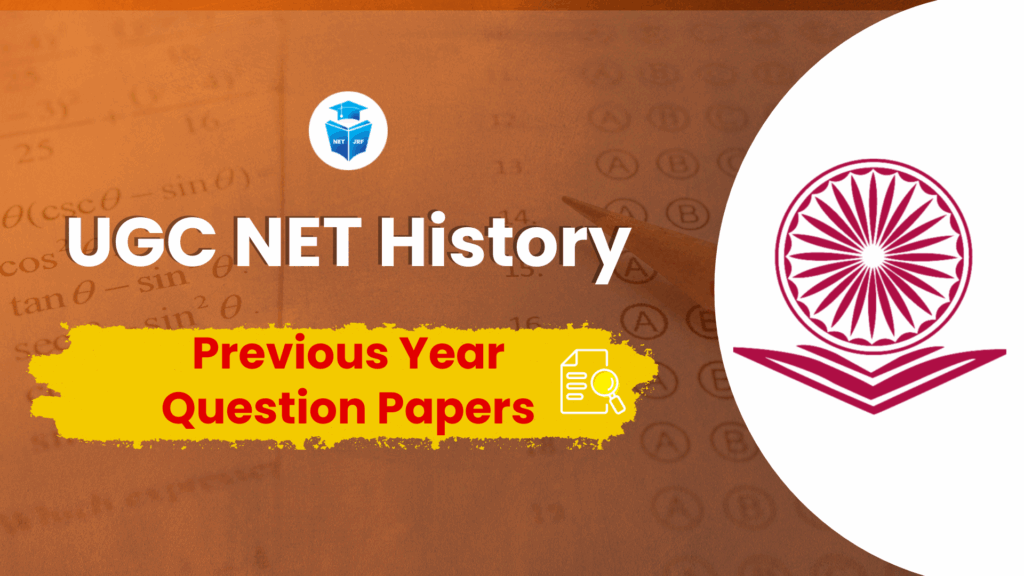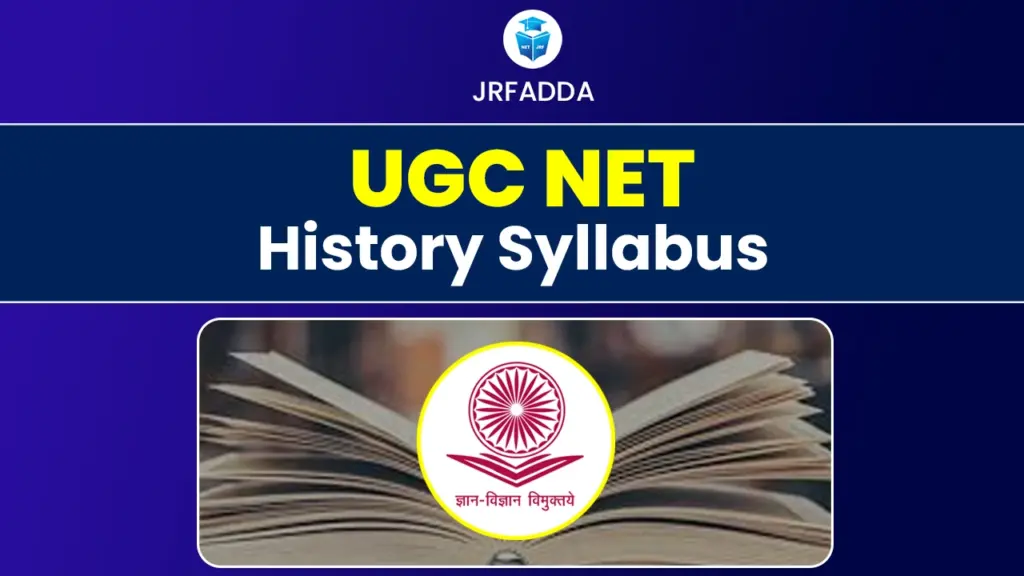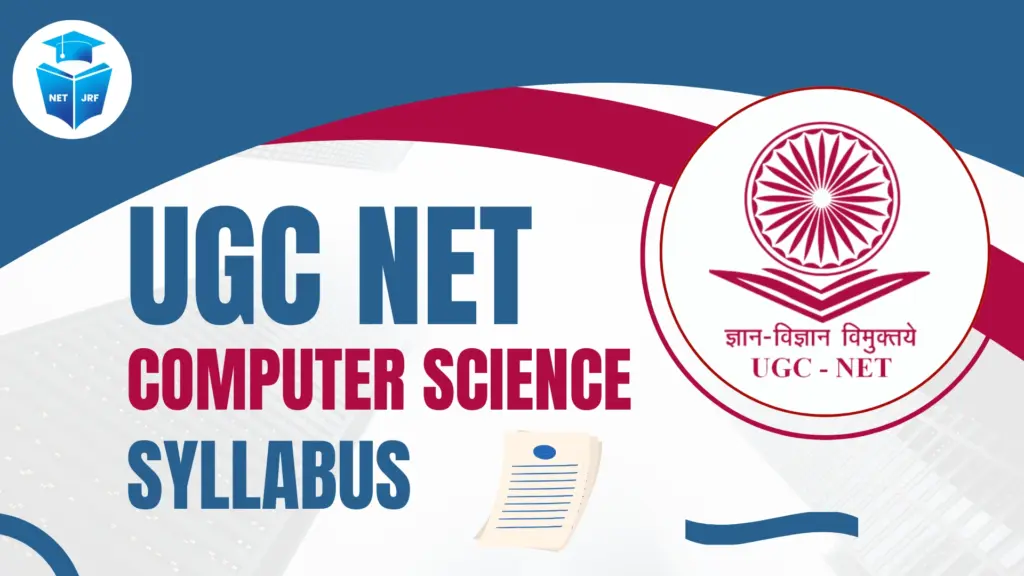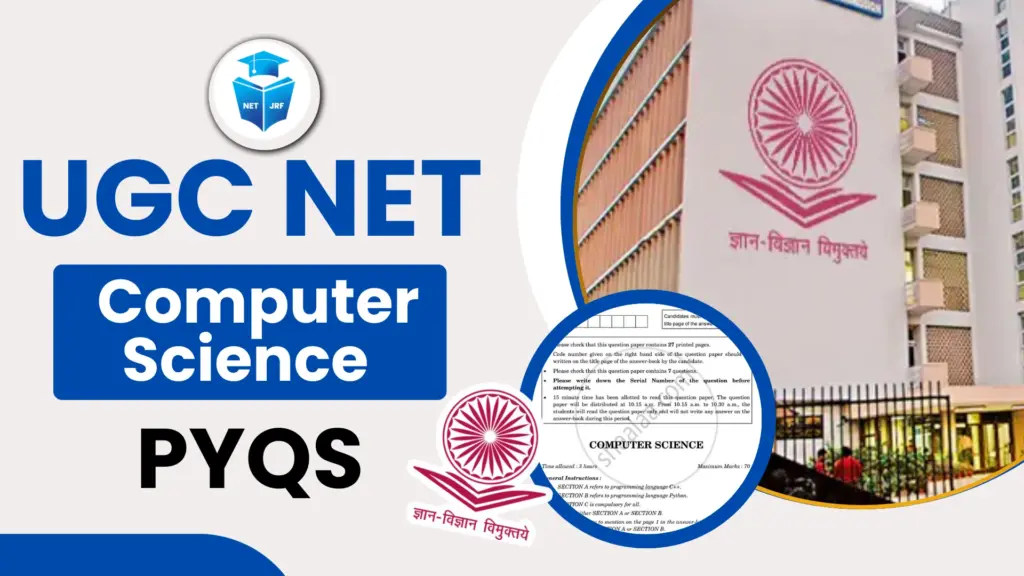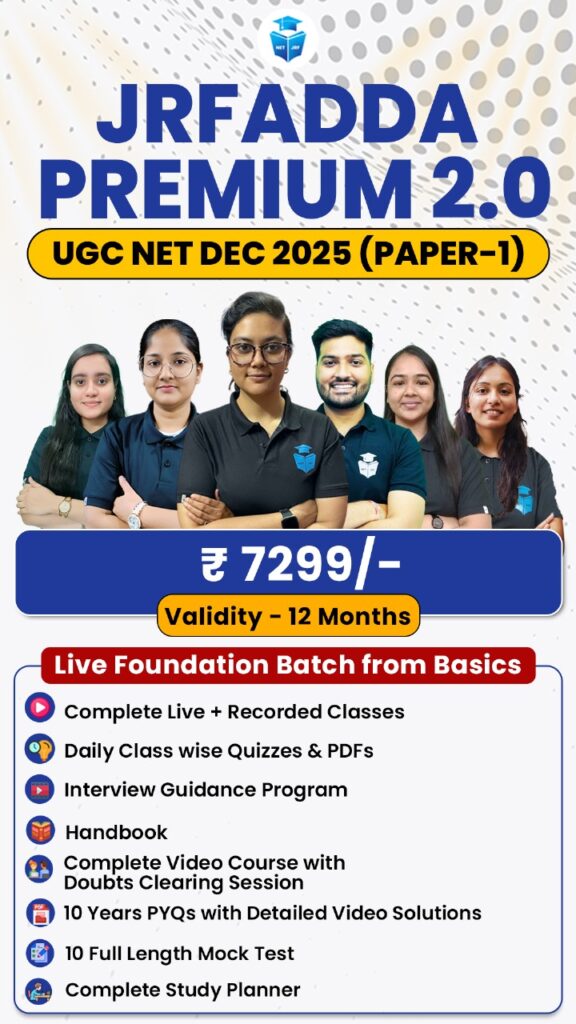The UGC NET Sanskrit Traditional Subjects 2025 examination offers a prestigious gateway for aspirants seeking academic and research careers in India’s classical knowledge traditions. Conducted by the National Testing Agency (NTA), this subject-wise exam includes disciplines such as Vyakarana, Mimamsa, Nyaya, Advaita Vedanta, Jyotisha, Sahitya, and Dharma Shastra, among others.
With roots in India’s spiritual and intellectual legacy, the exam assesses not only textual familiarity but also deep interpretative and comparative understanding. The test comprises two papers: Paper 1 (General Aptitude) and Paper 2 (Sanskrit Traditional Subjects).
Also Read: UGC NET Selection Procedure 2025
UGC NET Sanskrit Traditional Subjects 2025 Exam Analysis
UGC NET Sanskrit Traditional Subjects 2025 Paper 1 (General Aptitude) was rated easy to moderate in difficulty. It included concept-based and application-oriented questions from teaching and research aptitude, with topics like pedagogy, learner behavior, research ethics, and types of research methods. Data interpretation questions based on bar graphs and pie charts were simple but calculative. Reasoning and mathematics sections included manageable questions on number series, blood relations, syllogisms, and time-speed-distance. Questions from communication, ICT, and the environment were largely factual and followed previous years’ trends. Overall, the paper was balanced, time-efficient, and aligned with the standard UGC NET pattern.
Paper 2 (Sanskrit Traditional Subjects) was considered moderate in difficulty and deeply rooted in syllabus content. The paper covered a wide range of traditional disciplines, including Vedic literature, Darshanas (Nyaya, Mimamsa, Vedanta), Vyakarana (Panini’s Ashtadhyayi), classical Sahitya, Purana-Itihasa, Agamic texts, and comparative philosophy. Questions were a mix of conceptual MCQs, assertion-reason types, and sutra-based logical analysis. A few questions required in-depth understanding and critical interpretation of classical texts and doctrines, such as Nyaya pramana theory and Vedantic epistemology. Overall, the paper demanded thorough preparation and strong grounding in Sanskrit traditional systems.
What are UGC NET Sanskrit Traditional Subjects ?
Sanskrit Traditional Subjects for UGC NET include a broad spectrum of classical subjects and philosophies rooted heavily in Indian intellectual heritage and cultural traditions. The subjects examine applicants based on their awareness of ancient texts, treatises of grammar, systems of philosophy, and religious teachings. Major subjects are:
- Jyotisha (Astronomy and Astrology)
- Siddhanta Jyotisha (Classical Astronomical Systems)
- Navya Vyakarana (Modern Sanskrit Grammar)
- Vyakarana (Classical Sanskrit Grammar)
- Mimamsa (Exegesis and Ritualistic Philosophy)
- Navya Nyaya (Modern Logic)
- Sankhya Yoga (Philosophical Systems)
- Tulanatmaka Darsana (Comparative Philosophy)
- Shukla Yajurveda (Vedic Texts)
- Madhva Vedanta (Dvaita Philosophy)
- Dharma Sastra (Ancient Law and Ethics)
- Sahitya (Sanskrit Literature)
- Purana-Itihasa (Ancient Histories and Mythologies)
- Agama (Religious Scriptures)
- Advaita Vedanta (Non-Dual Philosophy)
Also Read: UGC NET Result 2025
UGC NET Sanskrit Traditional Subjects Eligibility Criteria 2025
To apply for UGC NET Sanskrit Traditional Subjects 2025, candidates must meet the following eligibility criteria prescribed by the National Testing Agency (NTA):
UGC NET Sanskrit Traditional Subjects Educational Qualification
- Master’s Degree: The candidates must hold a Master’s degree or equivalent in Sanskrit or in any of the recognized traditional Sanskrit subjects like: Jyotisha / Sidhanta Jyotisha, Vyakarana / Navya Vyakarana, Mimamsa, Navya Nyaya, Sankhya Yoga, Tulanatmaka Darsana (Comparative Philosophy), Shukla Yajurveda, Madhva Vedanta, Dharma Shastra, Sahitya, Purana-Itihasa, Agama, Advaita Vedanta
UGC NET Minimum Marks Required
- 55% marks for General/Unreserved category candidates
- 50% marks for OBC (Non-creamy layer)/SC/ST/PwD/Third gender candidates
Final Year Students
- Students appearing in the final year of the qualifying examination or expecting results are also eligible.
- But they have to clear their degree with the prescribed marks within two years from the date of the NET result, otherwise, they will be disqualified.
UGC NET Age Limit 2025
- Junior Research Fellowship (JRF): Maximum age limit is 30 years.
- Assistant Professor: No upper age limit.
UGC NET Relaxation
-
OBC-NCL, SC, ST, PwD, Third Gender, and Women candidates: Up to 5 years relaxation (i.e., up to 35 years).
Also Read: UGC NET Exam 2025
UGC NET Sanskrit Traditional Subjects Exam Pattern 2025
The UGC NET Sanskrit Traditional Subjects test, administered by the National Testing Agency (NTA), tests candidates for their suitability for Assistant Professorship and Junior Research Fellowship (JRF). The test is administered in Computer-Based Test (CBT) mode and consists of two papers: Paper I (common to all subjects) and Paper II (subject-specific).
| Paper | Subject | Number of Questions | Marks | Duration |
| Paper I | General (Teaching & Research Aptitude) | 50 | 100 | 1 Hour |
| Paper II | Sanskrit Traditional Subjects | 100 | 200 | 2 Hours |
| Total | — | 150 | 300 | 3 Hours |
Also Read: UGC NET Subject Weightage 2025
UGC NET Sanskrit Traditional Subjects Marking Scheme 2025
The UGC NET Sanskrit Traditional Subjects 2025 marking scheme is to judge candidates’ knowledge in general aptitude (Paper I) and the subject chosen by the candidate for appearing in the test (Paper II). Following is how marks are allocated:
| Paper | Total Questions | Marks per Question | Total Marks | Negative Marking |
| Paper I (General) | 50 | 2 | 100 | No |
| Paper II (Subject-Specific) | 100 | 2 | 200 | No |
| Total | 150 | — | 300 | No Negative Marking |
Also Read: UGC NET Eligibility 2025
UGC NET Sanskrit Traditional Subjects Minimum Qualifying Marks 2025
To be eligible for the UGC NET 2025 in Sanskrit Traditional Subjects (Subject Code: 073), the candidates should be satisfying the minimum qualifying marks prescribed by the National Testing Agency (NTA). These marks are determined on the basis of the aggregate marks of Paper I and Paper II.
| Category | Minimum Qualifying Marks (Aggregate of Paper I & II) |
| General / Unreserved (UR) | 40% |
| OBC (Non-Creamy Layer) / SC / ST / PwD / Transgender | 35% |
Also Read: UGC NET Syllabus 2025
UGC NET Sanskrit Traditional Subjects Syllabus 2025
UGC NET Sanskrit Traditional Subjects Syllabus 2025 covers in-depth study of traditional Sanskrit subjects such as Jyotisha, Vyakarana, Mimamsa, Nyaya, Sankhya Yoga, Vedanta, and others. The syllabus is divided into ten units covering various topics of Sanskrit literature, philosophy, grammar, and allied fields.
UGC NET Sanskrit Traditional Subjects Syllabus 2025 – Unit-Wise
| Unit | Title | Topics Covered |
| Unit I | Vedic Literature | – General introduction: Samhitas, Brahmanas, Aranyakas, Upanishads |
| – Selected hymns from Rigveda, Yajurveda, Atharvaveda | ||
| – Vedangas: Shiksha, Kalpa, Vyakarana, Nirukta, Chandas, Jyotisha | ||
| Unit II | Specific Study of Vedic Literature | – In-depth study of select Vedic hymns and interpretations |
| – Vedic rituals and philosophical themes | ||
| Unit III | Darshana (Philosophy) | – Introduction to orthodox systems: Nyaya, Vaisheshika, Samkhya, Yoga, Mimamsa, Vedanta |
| – Heterodox systems: Charvaka, Jainism, Buddhism | ||
| Unit IV | Darshana Literature – Special Study | – Textual study: Sankhyakarika, Vedantasara, Tarkasangraha, Yogasutra |
| – Philosophical concepts: Pramana, Satkaryavada, Kaivalya | ||
| Unit V | Grammar and Linguistics | – Sanskrit grammarians: Panini, Katyayana, Patanjali |
| – Basics of linguistics: phonetics, morphology, linguistic theory | ||
| Unit VI | Vyakarana (Grammar) – Specific Study | – Detailed study of Panini’s Ashtadhyayi and commentaries |
| – Grammatical rules and their applications | ||
| Unit VII | Sahitya (Literature) | – Classical Sanskrit literature: poetry, drama, prose |
| – Study of literary devices, meters, and styles | ||
| Unit VIII | Purana-Itihasa and Dharmashastra | – Study of epics: Ramayana, Mahabharata |
| – Overview of Puranas and Dharmashastra literature | ||
| Unit IX | Agama and Shukla Yajurveda | – Introduction to Agama texts and rituals |
| – Study of Shukla Yajurveda | ||
| Unit X | Comparative Philosophy (Tulanatmaka Darshana) | – Comparative analysis of Indian philosophical systems |
| – Doctrinal similarities and differences |
UGC NET Sanskrit Traditional Subjects 2025 Syllabus PDF Download
This PDF gives a detailed overview of the units and topics that are included in the UGC NET Sanskrit Traditional Subjects exam. It is important for candidates to go through this syllabus in detail so that they can prepare well for the exam.
| Language | Download Link |
| Sanskrit Traditional Subjects (Hindi) | यूजीसी नेट संस्कृत पारंपरिक विषय पाठ्यक्रम 2025 डाउनलोड करें |
Download UGC NET Full Official Syllabus PDF
UGC NET Sanskrit Traditional Subjects Question Paper 2024
The UGC NET 2024 Sanskrit Traditional Subjects question paper is a useful document for the aspirants to prepare for the coming exams. It gives an idea of the pattern of the exam, the nature of questions, and the difficulty level of the questions. Solving this paper can help improve your knowledge and performance.
| Exam Name | Shift | Paper | Download PDF |
|---|---|---|---|
| UGC NET June 2024 | Shift 1 | Paper 2 | Download Link |
Also Read: UGC NET Cutoff 2025
UGC NET Sanskrit Traditional Subjects Previous Year Question Papers
Previous year question papers are extremely important in UGC NET Sanskrit Traditional Subjects preparation. Aspirants can get an idea of the exam pattern, difficulty level, and notable topics that are regularly asked in the exam through these papers. Be it Vyakarana, Mimamsa, Vedanta, Nyaya, Jyotisha, Sahitya, or any other traditional sub-disciplines, attempting last year papers can really boost your chances of clearing the exam.
| Exam Name | Year | Download PDF |
| UGC NET Sanskrit Traditional Subjects | 2023 | Download Link |
| UGC NET Sanskrit Traditional Subjects | 2022 | Download Link |
| UGC NET Sanskrit Traditional Subjects | 2021 | Download Link |
| UGC NET Sanskrit Traditional Subjects | 2020 | Download Link |
| UGC NET Sanskrit Traditional Subjects | 2018 | Download Link |
Also Read: UGC NET Exam Pattern 2025
Career Scope After Qualifying UGC NET Sanskrit Traditional Subjects
Qualifying the UGC NET Sanskrit Traditional Subjects exam makes aspirants eligible for a broad scope of academic, research, and cultural professional opportunities in subjects like Vyakarana, Mimamsa, Nyaya, Vedanta, Jyotisha, Sahitya, and other classical Indian knowledge tradition disciplines.
| S.No. | Career Path | Details |
| 1️ | Assistant Professor | Eligibility: UGC NET qualified
Work Profile: Teaching UG/PG students, mentoring, curriculum design Institutes: Central/State Universities, Sanskrit Colleges, Rashtriya Sanskrit Sansthan, BHU, Sampurnanand Sanskrit University |
| 2️ | Junior Research Fellowship (JRF) | Fields: Vedic studies, Darsanas, Jyotisha, Sanskrit linguistics, etc.
Benefits: Monthly stipend + UGC research grant (up to 5 years) Institutes: JNU, IGNCA, Sanskrit Universities, IITs offering IKS |
| 3️ | Researcher/Fellow in Traditional Knowledge Systems | Organizations: ICPR, IGNCA, ICHR, BORI, Adarsh Sanskrit Mahavidyalayas
Roles: Manuscript preservation, translation, textual criticism, interpretation of Sanskrit texts |
| 4️ | Content Creation, Editing & Translation | Areas: Translation (Sanskrit to Hindi/English), academic content writing, textbook editing
Opportunities: E-learning platforms, research institutes, religious publications |
| 5️ | Cultural and Spiritual Organizations | Institutions: Gurukuls, Ashrams, Vedic Pathshalas, Yoga Institutes (Patanjali, Isha)
Roles: Scriptural consulting, ritual training, Agama teaching |
| 6️ | Government Jobs & Commissions | Bodies: UPSC, State PSCs, Ministry of Culture, Education, ASI
Jobs: Sanskrit Officers, Researchers, PGT Sanskrit (KVS, NVS) |
| 7️ | International Opportunities | Scope: Professorship abroad, global online Sanskrit teaching, spiritual retreats, consulting for films/literature |
| 8️ | Further Studies & Specializations | Programs: Ph.D., D.Litt., post-doctoral research
Fields: Manuscriptology, Computational Sanskrit, Textual Criticism, Vedanga/Vedanta |
UGC NET Sanskrit Traditional Subjects Preparation Tips 2025
Below are some preparation tips mentioned for UGC NET Sanskrit Traditional Subjects 2025:
- Know the Syllabus: Know all units: Vedic Literature, Darshanas, Grammar, Sahitya, etc.
- Previous Year Papers: Attempt last 5 years’ papers to identify repeated questions and core topics.
- Focus on Core Texts: Study classics: Ashtadhyayi, Yogasutra, Tarkasangraha, Sankhyakarika, Vedas.
- Smart Study Plan: Create weekly goals. Provide extra time to challenging topics like Mimamsa, Vedanta.
- Make Handy Notes: Make crisp notes with sutras, definitions, examples, and core concepts.
- Mock Tests: Practice school-wise and full-length tests for speed and accuracy.
- Use Visual Tools: Make charts and tables—compare schools of thought, pramanas, doctrines.
- Standard Books: Use Baldev Upadhyaya, Ganganath Jha, Radhakrishnan, Arihant, Trueman.
- Peer Discussions: Participate in online forums, study groups, and converse with scholars for clarity.
- Stay Consistent: Read every day, revise every week, and remain spiritually connected to texts.
Also Read: UGC NET 2025 Exam Date
Conclusion
The UGC NET Sanskrit Traditional Subjects 2025 exam upheld the scholarly tradition of classical Indian knowledge systems. Paper 1 was relatively easier and served as a scoring base for candidates. Paper 2, while moderately challenging, stayed entirely within the syllabus, requiring analytical thinking and deep-rooted subject preparation.
Aspirants with consistent study habits, prior exposure to texts like Ashtadhyayi, Vedantasara, Tarkasangraha, and Vedic hymns, as well as practice of previous year papers, were likely to find the exam within expectations. The exam not only opens doors for Assistant Professorship and JRF, but also offers rich career opportunities in research institutes, gurukuls, content development, and cultural institutions.
UGC NET Sanskrit Traditional Subjects 2025 FAQs
Is there any maximum age limit for UGC NET Sanskrit Traditional Subjects?
Junior Research Fellowship (JRF) is available up to 30 years of age (with relaxation for reserved categories). There is no maximum age limit for eligibility to become an Assistant Professor.
What is the pattern of the UGC NET Sanskrit Traditional Subjects exam?
The test is divided into two papers: Paper I (General Teaching and Research Aptitude) with 50 questions and Paper II (Subject-specific) with 100 questions. The test is administered in CBT mode, for a total of 3 hours.
Is there any negative marking in the UGC NET Sanskrit Traditional Subjects test?
There is no negative marking in Paper I or Paper II.
What are minimum qualifying marks for UGC NET Sanskrit Traditional Subjects?
At least 40% aggregate marks (Paper I + Paper II) for General category and 35% for reserved categories.
How can I prepare well for UGC NET Sanskrit Traditional Subjects?
Know the syllabus, read basic classical works, practice previous year papers, make short notes, and practice mock tests regularly for enhancing speed and accuracy.

